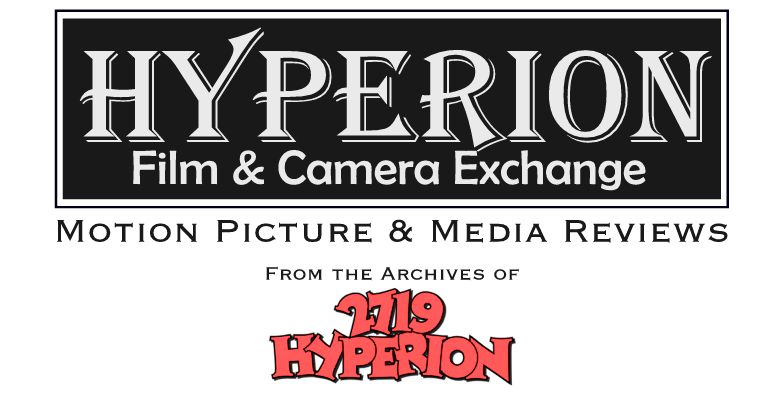 With Easter fast approaching, Disney’s Funny Little Bunnies was clearly an obvious choice for the subject of a post here at 2719 Hyperion.
With Easter fast approaching, Disney’s Funny Little Bunnies was clearly an obvious choice for the subject of a post here at 2719 Hyperion.When I watched the 1934 cartoon short recently, I saw a quaint, entertaining, but largely unspectacular endeavor from Disney’s prolific and groundbreaking Hyperion era. The film was the only Easter-themed short produced by Disney and stands as a shining example of the studio’s early marriage with three-color Technicolor. Like numerous other Silly Symphonies, it is a generally plot-less affair, a series of gags and vignettes that served to explain the more secular traditions associated with the Easter holiday. Similar in theme, style and structure to the earlier Santa’s Workshop, the short features a happy contingent of well-dressed rabbits and their assembly line antics, producing holiday treats such as decorated eggs and chocolate bunnies.
So, how could I take a fresh look at this 70+ year old cartoon?
 There was the possibility of merchandise tie-ins. But alas, I’m not much of a vintage Disneyana collector and references to products relating to the more obscure Silly Symphonies are a bit difficult to track down. But there was one interesting item that bore mentioning--a 1951 Little Golden Book entitled Grandpa Bunny, that nearly two decades after the cartoon’s release, explained the origins of Bunnyville and its founder Great Grandpa Bunny Bunny.
There was the possibility of merchandise tie-ins. But alas, I’m not much of a vintage Disneyana collector and references to products relating to the more obscure Silly Symphonies are a bit difficult to track down. But there was one interesting item that bore mentioning--a 1951 Little Golden Book entitled Grandpa Bunny, that nearly two decades after the cartoon’s release, explained the origins of Bunnyville and its founder Great Grandpa Bunny Bunny.Then there was the angle of Wolfgang Reitherman, one of Disney’s famous “Nine Old Men.” It had been noted that Funny Little Bunnies was likely Reitherman’s first assignment at the Disney Studio. I immediately went scrambling for Didier Ghez’s Walt’s People books and dug back into the series’ one Reitherman interview. But there was only a brief mention of the short where the studio veteran noted some difficulty in animating the decorated eggs in a couple of scenes.
My Disney history muse was clearly letting me down.
But sometimes an academic approach is not always the correct one. And it was my own mother who indirectly reminded me of this fact.
 She was with me when I popped the DVD in the player a second time and navigated through the menu screens to Funny Little Bunnies, desperately seeking some measure of inspiration.
She was with me when I popped the DVD in the player a second time and navigated through the menu screens to Funny Little Bunnies, desperately seeking some measure of inspiration.Within a few moments after the short started, my mom observed, “This is old, like one of the cartoons I would have watched when I was a little girl.” I confirmed that she would have been a child of five years when Funny Little Bunnies was released. She continued to watch for a few moments, then added, “Cartoons were good back then. Not like now. I don’t understand the cartoons that come out now.” As a grandmother of toddlers and tweens, she was likely referring to antics of Sponge Bob, Kim Possible and the countless other animated denizens that travel the current cable and satellite signals.
Talk about a humbling moment. Mom’s very basic observation was the perspective I needed. I was over complicating a bunch of cute rabbits.
 Because Funny Little Bunnies, like so many of its Silly Symphony contemporaries, is engaging in its very simplicity. In a funny, colorful and happy manner, it explained to a generation of Depression-era children, just where Easter baskets came from.
Because Funny Little Bunnies, like so many of its Silly Symphony contemporaries, is engaging in its very simplicity. In a funny, colorful and happy manner, it explained to a generation of Depression-era children, just where Easter baskets came from.Disney enthusiasts such as myself frequently expound on the child-like wonder that Disney entertainment often restores to our jaded and cynical adult frames of reference. Yet very often we can’t see the enchanted forest for the trees. Sometimes a work of animation needs to be perceived as it had been by its original audience, without any baggage of historical perspective. To its audience of some seven decades ago, Funny Little Bunnies was a simple and entertaining eight minutes of cartoon fun.


0 comments:
Post a Comment